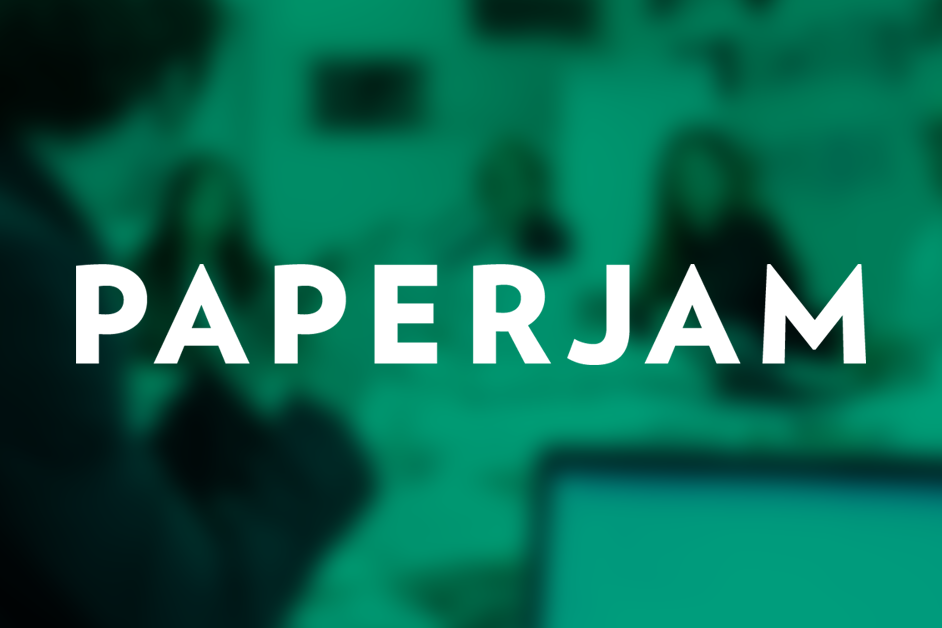Jørgen Lindegaard, President and CEO of SAS Group flew into Luxembourg in March to speak at a NOBELUX luncheon on SAS Group's strategic process of change and why no Luxembourg-Stockholm direct flight is in the cards.
Airlines all over the world have either gone out of business or drastically changed their business models in the face of challenges to the industry. Jorgen Lindegaard, President and CEO of SAS Group, visited Luxembourg in March to speak at a NOBELUX luncheon about SAS"s strategic process of change, and to tell the disappointed (mostly Nordic) audience why a Luxembourg-Stockholm direct flight is unlikely to happen any time soon.
Starting in 2001, a series of events has taken its toll on air travel. SAS, like other airlines, reduced capacity. Customer travel patterns suddenly changed, particularly among business class travellers. Other events - the SARS epidemic, the Iraq war and soaring fuel prices - continued to affect the industry. In order to realise cost savings and ensure long-term competitiveness, SAS implemented a strategy to reduce costs and lower fares. They sold off components and established a new business model. The strategy seems to be working.
The right business model
"We think we have the opportunity, not just because of our size, but with the right business model to go forward and survive as an independent," says Lindegaard. SAS is the Nordic region's largest listed airline and travel group, but he says that SAS cannot come close to the business models of the global network companies, and should not try. "Our big competition will come from the Arab Emirates growth. Dubai is the new Singapore." For example, Etihad Airways, the national airline of the United Arab Emirates since July 2003, had 16 destinations across Asia, Europe and the Middle East by end of 2004. By 2010, Etihad plans to fly to nearly 70 destinations. When asked if the international (outside of Europe and overseas) business could be expanded, he says, "We are trying to build our market on our geographic position, to and from our home base. We need to fly as cheaply as possible from A-B. This is what our cost base should be. The international business isn't profitable right now."
Cautious justification is the reason why Luxembourg is unlikely to see a Stockholm-Luxembourg SAS flight. Currently, passengers from Luxembourg can only fly direct to Copenhagen, SAS"s hub. Lindegaard says there is simply not the demand, although he does not rule out the possibility and says they, "Will continuously monitor the demand by registration of passenger flow." The airline cannot base an action on the hope that people will show up for flights, despite intense pressure from many members of Nobelux who repeatedly asked him why this flight could not be made possible. He said that without 40 to 50 guaranteed people on every flight, it would not be cost effective. "We are careful."
In 2001, the % of business class passengers was 27% compared to 14.2% in 2005. Customers now demand accessibility and value-for-money tickets. "It is understood that the flying part of the business trip is supposed to be the cheapest part." The cost of driving to the airport and paying for a parking ticket can be the same as the price of the plane ticket.
Their business model is based on a segmented approach. "You pay for what you get." The airline offers products and services included in the flight along with services that can be added by the passenger, and feels it offers value that pure low cost carriers cannot, such as flying into primary airports, frequent flights, free newspapers, a loyalty programme and other perks.
Other business areas of the SAS Group contributed to its first posting of positive earnings after five years of sweeping changes. "The hotel business has substantial value and takes the SAS brand to places where it would not be otherwise," says Lindegaard. SAS also has a 3 billion euro "fill our belly" cargo business, but Lindegaard says, "It"s too risky to build up a cargo only business in Copenhagen."
But despite the success of the business model, which brings SAS into 2006 in a strong strategic position, caution is in the air. The vulnerability of the industry means there is always uncertainty. Intense competition and rising fuel prices are a challenge. SAS will continue to implement cost cutting measures in order to achieve profitability, and Luxembourg probably won't be getting a direct Stockholm flight any time soon.
